The United States is an ecologically rich country full of plant and animal diversity. Those living in the States are fortunate to have animal life around them regardless of the region where they live. An animal that remains consistent — no matter where one ventures — is the squirrel.
Mischievous, cunning, social, talkative, fast, curious, clever, and smart, squirrels are well-known animals common to the U.S. Of course, the species of squirrel differs depending on where one lives. In the east, one of the most commonly seen species is the eastern gray squirrel. In northern or mountainous areas, American red squirrels are the norm. Then you have fox squirrels, Abert’s squirrels, western gray squirrels, Arizona gray squirrels, Douglas squirrels, flying squirrels (of many species I might add), not to mention the different types of ground squirrels. I think you may get the picture now — there are many species of squirrels, and you’re sure to encounter them.
Given how common squirrels are, I think we tend to take them for granted. I hear people referring to them as “rats of the trees” with others trying desperately to keep them off their bird feeders. U.S. residents barely take notice of them. When foreigners visit, they are often taken with the cute, furry, tree-dwelling mammals, finding them funny and adorable.
Indeed, if you take the opportunity to observe squirrels, you’ll find they have big personalities, and may even call them comedians. Squirrels are social, and if you take notice, you will see them chasing each other across the ground, up tree trunks, and through the branches — just to do it all over again. They seem to love a good game of tag.
If you’re a hunter or a wildlife photographer, sneaking through the woods, trying to get a stealthy, unnoticed shot, you might have found squirrels to be your greatest enemy. Squirrels are, in their own way, guardians of the forest and are very quick (and loud) to alert everyone nearby of your presence. They will sit right above you on a tree branch, barking a loud song, tails raised high, fur bristling, legs fully extended, while they look you dead in the eye and squawk the entire forest awake. Squirrels act as alarm bells for others living in the woods, letting them know who’s sneaking through the trees.
Due to their mischievous nature, some folks have affectionately called them forest sprites. I have also heard people call them forgetful and scatter-brained. Squirrels flit to and from trees in a spaced-out fashion. Forgetful is a truly inaccurate word to describe squirrels, though. They have been proven to have an exceptional spatial memory.
They are scatter-brained in one sense: They have a unique food storage method called scatter hoarding. Scatter hoarding is when food is hidden or stored in different locations. It essentially means having small food stashes all over the place. Generally, squirrels bury their food in multiple “pockets” rather than randomly stashing it. This enables a sense of safety. If the food is discovered by a different animal, or washed away via weather conditions, there will always be back up food available. It’s a great method for surviving winters when stores are limited or absent.
It was long believed that squirrels had poor memories because it seemed year after year without fail, squirrels would forget where they buried their food and never return for it. This is not the case. Squirrels have been proven to have excellent spatial memory (as mentioned above). There are two theories held by wildlife scientists that explain why squirrels don’t return to their food stores.
- They intentionally over-prepped for winter. They buried more than they needed as a backup, in case the winter was particularly long and harsh.
- They are protecting the longevity of the forest by ensuring there are new seeds buried in dispersed locations. It essentially ensures genetic diversity of trees by allowing saplings to grow from abandoned seeds and nuts. This helps other species (outside of trees) to flourish because deer and rabbits (and others) eat sapling foliage.
Squirrels are incredible. But how does this affect your homestead? Why should you care?
Well, if you have forests or trees on or near your property, there’s an obvious advantage to having squirrels around. They are consistently protecting forest health by simply doing what they do.
Unfortunately, squirrels tend to have a bad rap when it comes to homeowners, and they are often regarded as pests. People have reported problems with squirrels chewing through wires, making unwanted nests in places like attics or chimneys, and of course, the classic example of squirrels stealing from bird feeders.
As a general note here — bird food is squirrel food. They share the same diet. You can’t be mad at squirrels for wanting to eat out of bird feeders, and it probably represents a fun puzzle for them to “hack.” If you aren’t keen on squirrels eating out of bird feeders, an excellent deterrent is to put bird seed out where you are okay with squirrels eating it. For example, you can put seed on the ground below the bird feeders, or set up an easily accessible area on a railing (or something similar) for the squirrels to access the seed.
Because squirrels like to eat seeds, they are actually good for eating fallen seeds and nuts that would otherwise go to waste in your yard. This isn’t their only food source though. Squirrels are omnivores and could be called opportunistic feeders, which means that they will eat insects. They can be beneficial if you’re experiencing an issue with too many grasshoppers, crickets, grubs, or other pests.
As squirrels are scatter hoarders and omnivores, they have a tendency to dig. This is oftentimes what makes home-owners irritated with them, because they leave small holes in the yard. For those who want a perfect grass lawn, holes can be an issue. However, for those aiming to have a biodiverse and healthy front yard, this can be beneficial, as it helps decompact and aerate the soil.
Squirrels are an indicator of a healthy ecosystem and play an important role in it. They disperse seeds, aerate soil, control pest species populations, and finally, serve another role of providing food to carnivores. It’s important to allow squirrels onto your homestead. If you are having issues with squirrels digging in your flower beds, there are ways to help deter them that don’t have to result in killing them.
You can (again) try distracting them by spreading seed where you are okay with them eating. You can try planting deterrents around your garden in hopes of making it unattractive to them. Plants that squirrels will generally not mess with are pepper plants like jalapenos, or succulents like aloe vera and cacti. I have heard that spraying your plants with a mixture of hot sauce and water is an effective way to deter them. And if those methods fail, there’s the option of putting out live traps, and relocating the squirrels — although, in my opinion, coexisting is the goal.


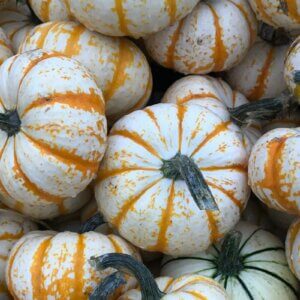
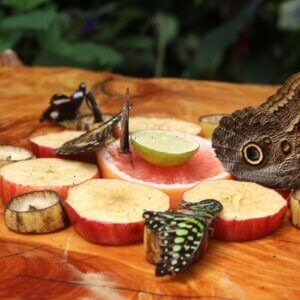



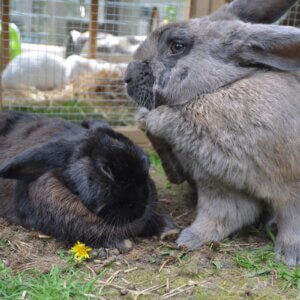



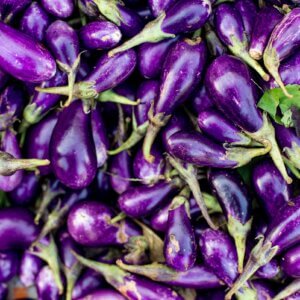
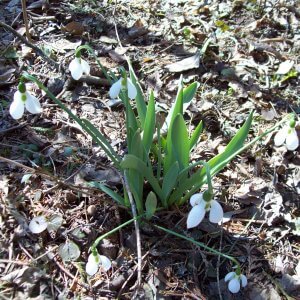
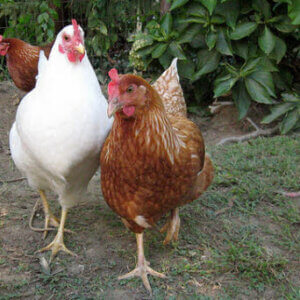
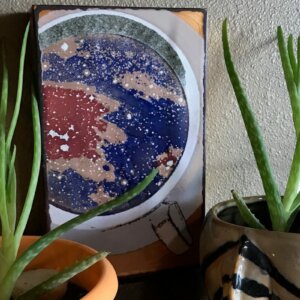



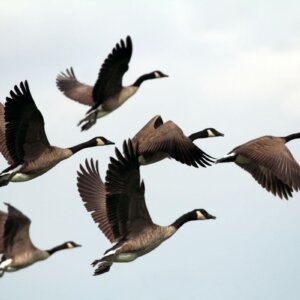
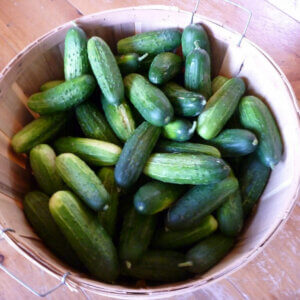
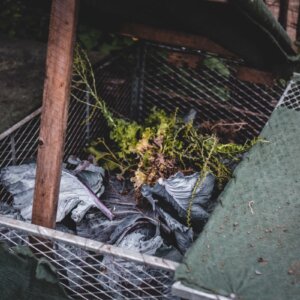
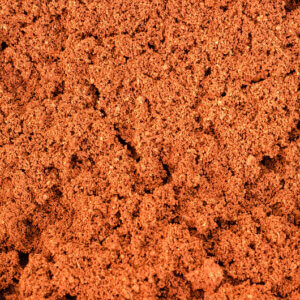
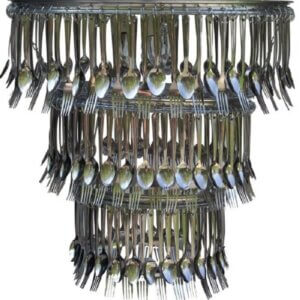






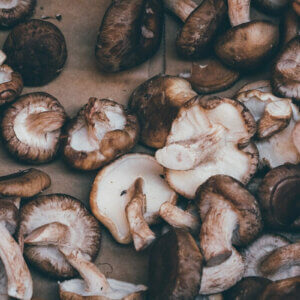
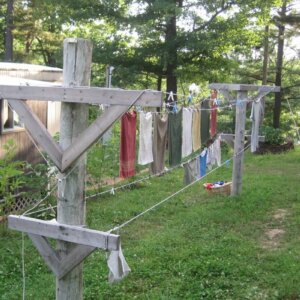


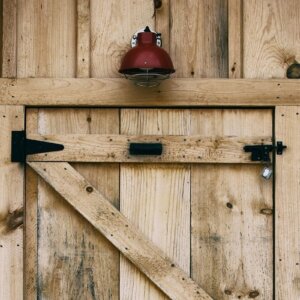







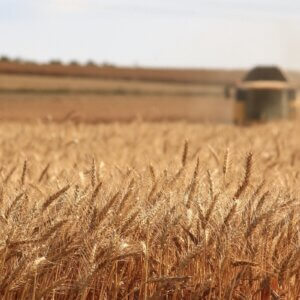
Leave a Reply